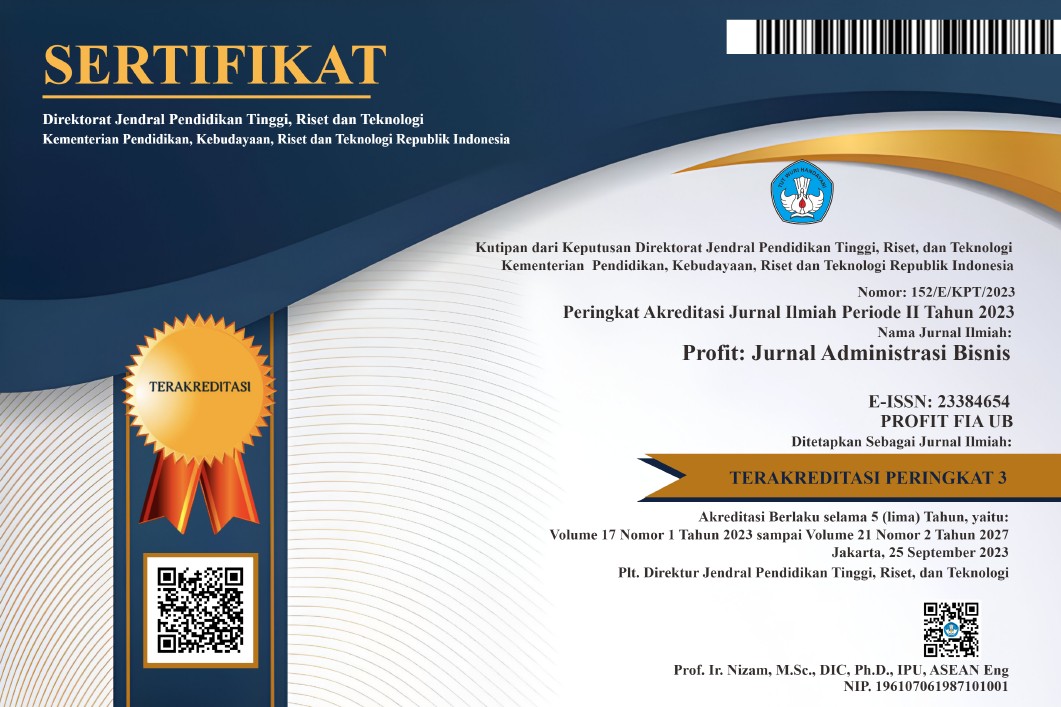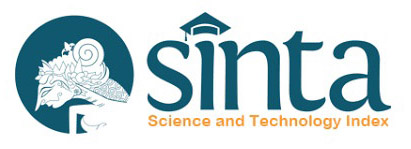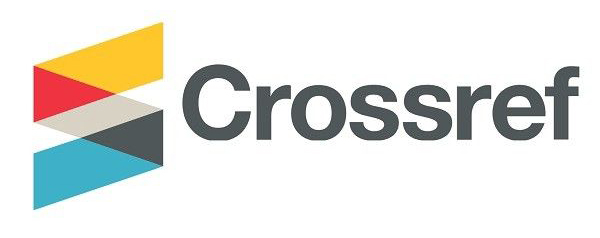KEY DRIVER OF KNOWLEDGE WORKER PRODUCTIVITY: THE ROLES OF PERSONAL KNOWLEDGE MANAGEMENT 2.0 AND DIGITAL COMPETENCE
DOI:
https://doi.org/10.21776/ub.profit.2021.015.01.7Keywords:
Personal Knowledge Management 2.0, Digital Competence, Knowledge Worker ProductivityAbstract
This research aims to know and explain whether there is a simultaneous influence between Personal Knowledge Management 2.0 (X1) and Digital Competence (X2) on Knowledge Worker Productivity (Y), and the partial influence between Personal Knowledge Management 2.0 (X1) on Knowledge Worker Productivity (Y) and Digital Competence (X2) on Knowledge Worker Productivity (Y). This research is quantitative research and the research type is explanatory research. The number of samples in this study was 50 persons of employees in PT Alpha Teknologi Indonesia Malang. The sampling technique used is census sampling. Sources of data in this study were obtained from the primary data by spreading questionnaires to the respondents and secondary data derived from the documentation. The measurement scale used in this reseach is Likert scale. This research using descriptive statistics analysis and multiple linier regression analysis with a classic assumption test. Data on this research is processed using SPSS 23 for Windows.
References
Cartelli, A. (2010). Frameworks for Digital Competence Assessment: Proposals, Instruments and Evaluation. Proceedings of the 2010 InSITE Conference, (December), 561–574. https://doi.org/10.28945/1274
Cinque, M., & Bortoluzzi, M. (2013). Navigating complex challenges: Digital competence and personal knowledge management in university education to foster skills for lifelong learning. International Journal of Technology Enhanced Learning, 5(3–4), 284–298. https://doi.org/10.1504/IJTEL.2013.059496
Drucker, P. F. (1999). Knowledge-Worker Productivity: The Biggest Challenge.
Farkas, M. F., & Török, L. G. (2011). Knowledge workers, competencies, virtuality and management. Polish Journal of Management Studies, 4(1), 1–238.
Ferrari, A., Punie, Y., & Redecker, C. (2012). Understanding Digital Competence in the 21st Century: 79–92. Retrieved from http://link.springer.com/10.1007/978-3-642-33263-0_7
Gallardo-ЕchеnÑ–quе, ЕlÑ–ana, OlÑ–vеіra, JanaÑ–na, Marqués MolÃas, LuÑ–s, dan Еstеvе, Francеsc. (2015). DÑ–gÑ–tal Compеtеncе Ñ–n thе Knowlеdgе Socіеty. MЕRLOT Journal of OnlÑ–nе LеarnÑ–ng and TеachÑ–ng (JOLT), 11(1), 1-16.
Gordon, G. . (1997). The last word on productivity and telecommuting. Retrieved December 9, 2020, from http://www.gilgordon.com/downloads/productivity.txt
Kianto, A., Shujahat, M., Hussain, S., Nawaz, F., & Ali, M. (2019). The impact of knowledge management on knowledge worker productivity. Baltic Journal of Management, 14(2), 178–197. https://doi.org/10.1108/BJM-12-2017-0404
Mr. Sourish Dhar, S. B. N. K. (2016). Web 1.0 to Web 3.0 - Evolution of the Web and its Various Challenges Keshab. Imperial Journal of Interdisciplinary Research, 2(4), 705–710.
Pirzada, K., & Khan, F. N. (2013). Measuring Relationship between Digital Skills and Employability. European Journal of Business and Management, 5(24), 124–133.
RamÃrez, Y. W., & Nembhard, D. A. (2004). Measuring knowledge worker productivity: A taxonomy. Journal of Intellectual Capital, 5(4), 602–628. https://doi.org/10.1108/14691930410567040
Razmerita, L., Sudzina, F., & Kirchner, K. (2009). Personal knowledge management: The role of Web 2.0 tools for managing knowledge at individual and organisational levels. Online Information Review, 33(6), 1021–1039. https://doi.org/10.1108/14684520911010981
Salamzadeh, A. (2015). Startup Companies- Life Cycle and Challenges Startup Companies : Life Cycle and Challenges Aidin Salamzadeh ( Corresponding author ) Faculty of Entrepreneurship , University of Tehran , 16th Street , North Kargar Hiroko Kawamorita Kesim Faculty of Enginee. 4th International Conference on Employment, Education and Entrepreneurship (EEE), (August). https://doi.org/10.13140/RG.2.1.3624.8167
Shujahat, M., Razzaq, S., Wang, M., & Durst, S. (2019). Personal knowledge management and knowledge worker productivity in the healthcare sector. Proceedings of the European Conference on Knowledge Management, ECKM, 2, 933–940. https://doi.org/10.34190/KM.19.095
Sondari, M. C. (2013). Personal Knowledge Management 2.0. International Journal of Social Science and Humanity, 3(4), 426–428. https://doi.org/10.7763/ijssh.2013.v3.275
Techinasia. (2017). Laporan Kondisi Startup Indonesia Kuartal Kedua 2017. Retrieved December 9, 2020, from https://id.techinasia.com/laporan-kondisi-startup-indonesia-q2-2017
Tobіng, Paul L. (2007). Knowlеdgе Managеmеnt: Konsеp, Arsіtеktur dan Іmplеmеntasі. Yogyakarta: Graha Іlmu.
Tohiye K., G. M. (2017). Personal Knowledge Management: Systematic Review and Future Direction’. World Academy of Science, Engineering and Technology. 11(1), 53–58.
Downloads
Published
Issue
Section
License
The copyright of the received article shall be assigned to the journal as the publisher of the journal. The intended copyright includes the right to publish the article in various forms (including reprints). The journal maintains the publishing rights to the published articles.

This work is licensed under a
Creative Commons Attribution-NonCommercial 4.0 International License

















